San Francisco Theological Seminary
Interview with Rochelle Shaw, 2nd Year Master of Divinity Student
 View and print as PDF.
View and print as PDF.
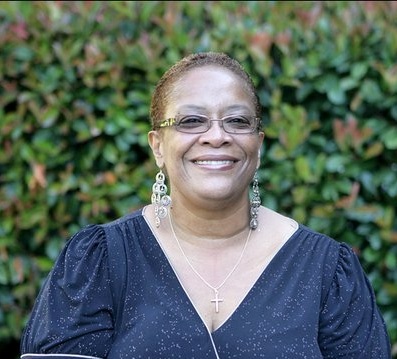
On April 24, 2012, I interviewed Rochelle Shaw, a second-year Master of Divinity student at San Francisco Theological Seminary (SFTS), which is a member of the Graduate Theological Union (GTU). Rochelle is a member of the Presbyterian Church (U.S.A.) and an African American, third career student. She came to faith later in her life. She was baptized with her three children when she was 30 years old after becoming a member of her first church. She is preparing for an internship with the Presbyterian Ministry at the United Nations, based in New York City. She says, “My call is to minister to people outside the walls of the church.”
What justice issues are of deepest concern to the students and staff of SFTS?
A current and ongoing justice issue, not just at SFTS but also among GTU schools, is inclusivity. It’s amazing how students, faculty, staff, and others at SFTS and GTU embrace this issue. SFTS recently drafted and approved a resolution to be fully inclusive. I wasn’t sure what our population consisted of, whether we even had LGBT students. It reminded me of don’t ask, don’t tell. No one had asked, so no one told. However, once the community felt emboldened enough to say aloud that SFTS embraces and accepts everyone for who they are, then there was an atmosphere that invited openness and encouraged trust.
The issue of solidarity and inclusivity on campus dealt with an issue related to Prop 8 that directly affected our seminary. One of the local Presbyterian pastors, an MDiv graduate of SFTS was experiencing legal problems for marrying gay couples in her congregation after Prop 8 was approved. The General Assembly Permanent Judicial Commission heard a case to strip her of her ordination. Two SFTS MDiv graduates who are attorneys defended her. The Commission still decided to penalize her. They filed an appeal on her behalf, which was also denied. This issue has been very painful for members of our school because we are close to her and her church because she’s a graduate of our school. It is personal. This didn’t happen just to someone out there; it happened to a friend and a member of our community. We are finding comfort in solidarity and in each other as a result of this injustice. Here’s the story on our website.
Rev. Dr. James Noel, my advisor, pastor, and professor, has raised other justice issues for me. We have been discussing the killing of Trayvon Martin in our African American Biblical Hermeneutics class. In fact, at SFTS’s most recent class reunion and T. V. Moore lectures, Dr. Noel was one of the speakers and his lecture included an aspect of this current social justice issue.
What other kinds of organizing are taking place on campus?
There were two recent events organized by SFTS. I was a member of a committee of female ministers, seminary professors, and students who hosted a symposium in January on Womanist Theology. It was sponsored by SFTS and the Black Church/Africana Certificate Program. A SFTS adjunct professor, Rev. Dr. Martha Taylor, the convener, had the vision for the symposium, which was intended to bridge the academy and the seminary, and offer an opportunity to engage womanist theology within the context of Black women in the local church setting. It provided insight to women clergy and seminarians on how to function best within systems that exclude women—particularly women of color. The symposium engaged in empowering women and teaching them church leadership. We discussed racism and sexism. It was very liberating and insightful. Congressperson Barbara Lee was present and shared her insights and experiences as they relate to social issues present in politics.
Another event addressed the issue of violence against women. Several women on our campus organized and presented a second production of the play “Vagina Monologues” recently. Our new president, Rev. Dr. James McDonald, even spoke about the importance of this event during his inauguration. The production received a lot of support from our school, GTU schools and the local community.
What kind of justice courses does SFTS offer?
Well, one example is Dr. Noel’s African American Social Religious and Political Thought. What’s profound about that class is that there are not just African Americans in the class. There are students from other GTU schools and different denominations in the class that offers others voices related to social justice. I have taken many of my courses related to justice through the GTU.
Is there adequate support for your justice ministries?
In addition to my exposure and involvement with social justice through Dr. Noel, I am currently taking my required Christian Ethics class at the Pacific School of Religion, one of the members of the GTU. In my opinion, GTU courses are more open and far-reaching when it comes to social justice issues. SFTS unquestionably has supporters but I don’t see much action. SFTS just inaugurated a new president, and his inauguration was very inclusive. The guest speaker, Keith Boykin, a CNBC political commentator and social justice advocate, gave the keynote speech. I believe there’s a new era coming to SFTS with our new president. It was a privilege for me to witness it and be a part of it too. I felt included.
What challenges do you and your peers face when advocating on campus?
Because we are part of the GTU, anything that is done there affects SFTS directly or indirectly. As far as I am aware, we don’t often create many social justice campaigns, but we do support them. We will be there in solidarity to support a just cause. I just haven’t seen the organization and initiation coming from us with the exception of what I mentioned previously. Another challenge, and this is just my opinion, I often feel like some members of our school, appear to be more self-directed, self-focused: a let me get in here, get what I came for and get out kind of mentality. I’m sure there’s nothing wrong with that type of attitude, but it’s not what I’m used to. Some students appear to me to be simply focused on their own religiosity, rather than social justice. They are more about education than action. It’s not that any of them are against social justice; I just don’t see them actively pursuing it, though this is not necessarily true for many of our faculty and staff. I’m a commuter, so of course this is just what I see through my own lens while I’m on campus. It may not be entirely accurate and I cannot speak for others. I won’t call anyone complacent, but some are comfortable. The inclusivity campaign, symposium, the Monologues, and T. V. Moore lectures have been notable exceptions.
What are your expectations and concerns for entering ministry, and for the church?
I believe I am getting adequately prepared to receive what God’s plan is for me. I’ve known for quite some time that I don’t see my ministry being done from inside church walls. I know that I want to work with people who live and exist outside the walls of the church. I want to serve those who find themselves excluded from churches, or those who simply cannot find a home there. Once I accepted this as my call, the internship position with the Presbyterian Ministry at the United Nations became available and was offered to me. I am excited about being able to work with an organization that is addressing the concerns of the excluded, oppressed, and marginalized in our world; especially women. I am also very excited about the Commission on the Status of Women, an annual UN event, and the opportunity to observe firsthand what it is happening internationally, beyond the local church and community. I envision significant experiences emerging from this opportunity. I can hardly wait!
As for the church, I believe we have to move beyond our walls. We need to be innovative. Presbyterians can’t just continue to do the same thing we’ve always been doing because we’re losing people. There’s a lost generation who needs to be brought back in and accepted for what they have to offer. We need to engage and embrace social and electronic media. One of the students at our school always asks; if people aren’t coming to the church but they are on Facebook, and YouTube, and Twitter, how do you reach those people? Well, I agree with him. However, it is important to keep remnants of what works and gives us purpose. We can combine the old and the new. I’m happy that I’ve been invited to be on a Presbytery committee, the Seminary Support Network, which is willing to consider and embrace some of the changes needed in our denomination. This includes distance-learning courses currently being offered at Dubuque Theological Seminary for people seeking theological education who are unable to attend seminary in person for various reasons.
As we wrap up this interview, is there any particular story or experience from your time at SFTS that encapsulates for you the climate for social justice on your campus?
I’m going to have to think about that one. I think the answer to that question is the question itself. I don’t want to “sum” up my experience, because then there’s a finality to it, a belief that everything is covered. I’d rather leave it open, unfinished, let the question hang out there. So let’s end with an ellipsis! To be continued…
________________
Rochelle R. Shaw grew up in the South Central community known as Watts, CA, attended the University of Rochester (NY) and received her BA in Psychology from UCLA. She retired from AT&T after 21 years and subsequently the University of California after 6 years. Her interests in ministry are to serve and restore dignity to members of society identified as marginalized and those who have been subject to social injustice.

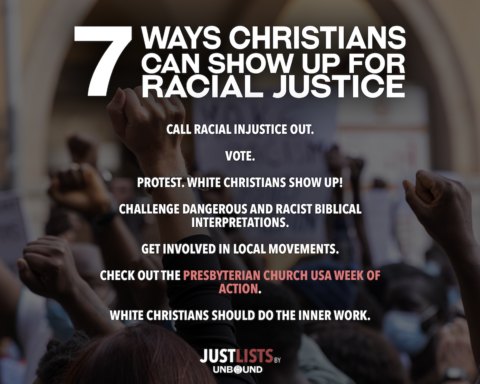
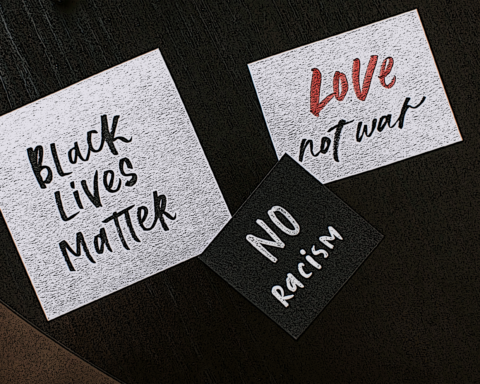
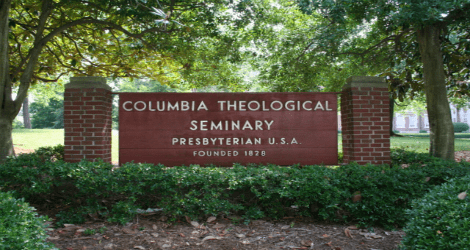
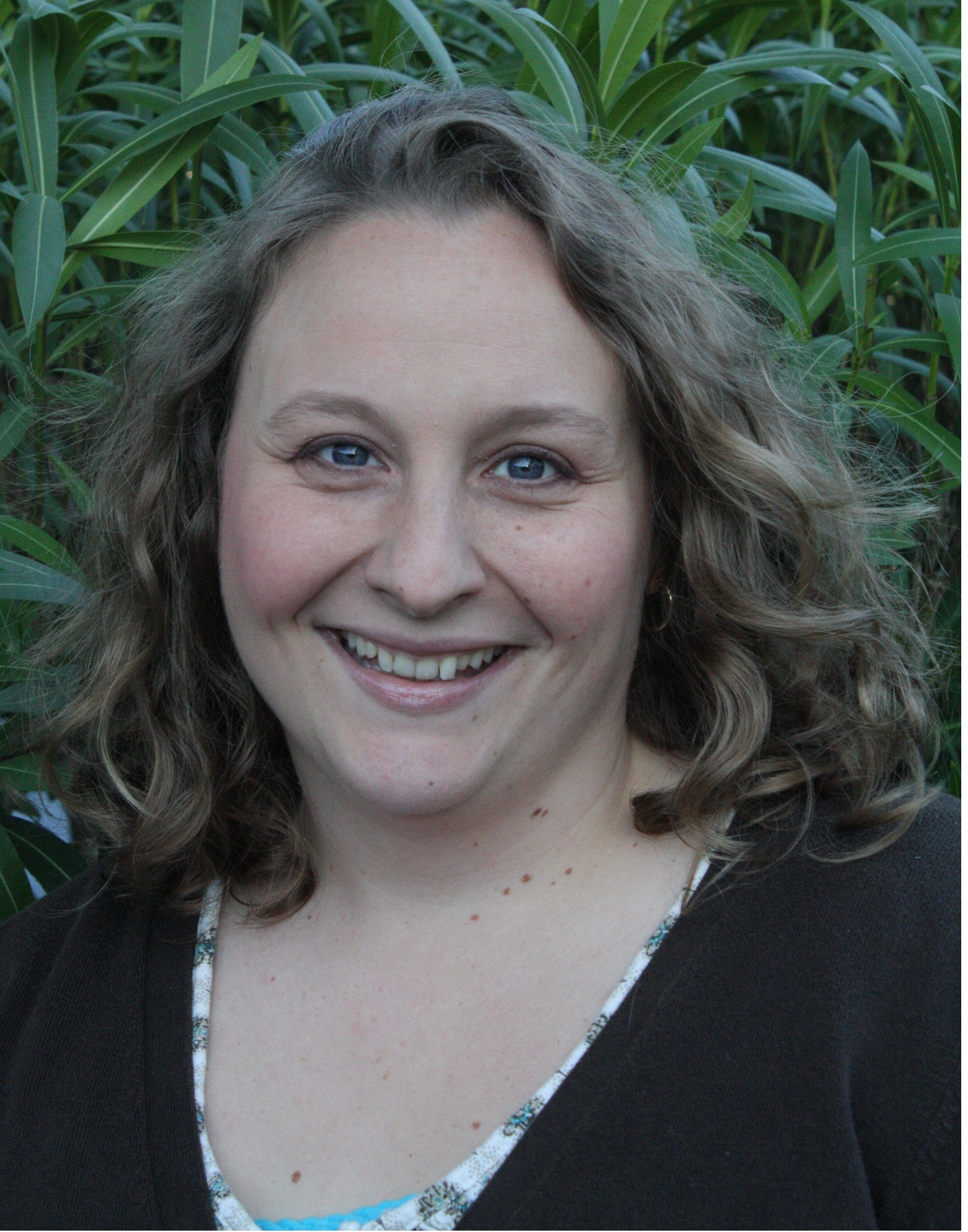
Unbound Social